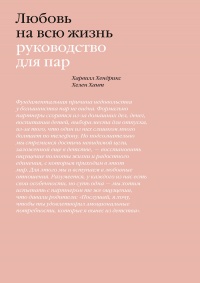Книга У нас все получится - Элизабет Эрншоу
На нашем литературном портале можно бесплатно читать книгу У нас все получится - Элизабет Эрншоу полная версия. Жанр: Психология / Эротика. Онлайн библиотека дает возможность прочитать весь текст произведения на мобильном телефоне или десктопе даже без регистрации и СМС подтверждения на нашем сайте онлайн книг knizki.com.
Шрифт:
-
+
Интервал:
-
+
Закладка:
Сделать
Перейти на страницу:
Перейти на страницу:
Внимание!
Сайт сохраняет куки вашего браузера. Вы сможете в любой момент сделать закладку и продолжить прочтение книги «У нас все получится - Элизабет Эрншоу», после закрытия браузера.
Книги схожие с книгой «У нас все получится - Элизабет Эрншоу» от автора - Элизабет Эрншоу:
Комментарии и отзывы (0) к книге "У нас все получится - Элизабет Эрншоу"
























